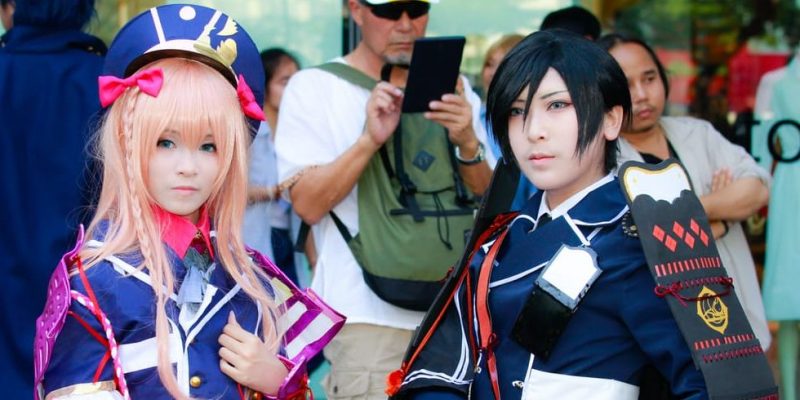We explain what an otaku is, the origin of the term and its original meaning. Also, how Japanese animation became popular.

What is an otaku?
The Japanese term otaku has been adopted in the West to refer to enthusiasts of the world of Japanese comics and illustration in their respective variants of the sleeve, anime and, to a lesser extent, drama. This use of the term comes from a 1983 essay by Akio Nakamori, published in the Manga Burikko magazine, but throughout the 1980s and 1990s it has become popularized as this particular subculture has grown.
The massification of the otaku world and its followers in the West It emerged with the “boom” of Japanese animation that occurred in the last two decades of the 20th century and which especially captured the youth and children's audience.
This subculture enjoyed an ambiguous social evaluation. It was commercially popular, but at the same time there was a certain negativity in Japan, following media reports of the so-called Japanese “Otaku killer”, Tsutomu Miyazaki (1962-2008), who between 1988 and 1989 kidnapped and murdered four out of four girls and seven years old.
In general terms, otaku are classified as individuals who are obsessively interested in the Japanese imagination of comics and animation: their narratives, their characters, their iconic language and their echoes in other commercial formats, such as video games or role-playing games.
Among their usual practices are Japanophilia (adoption of Japanese culture), disguise (cosplay), the personification of popular characters, and the massive concentration in specialized conventions.
However, The otaku world can be very diverse and have many branches depending on the styles of animations and comics consumed, or their association with artists and musicians from the pop scene. The economic impact produced by otaku culture in its entirety is estimated at two million yen.
In its original context, the Japanese term otaku refers to another person's home and by extension, it is used as a formal or honorific second-person personal pronoun, more or less equivalent to “usted” in Spanish. This use of the word differs from the use given to it in the colloquial and commercial sphere in that the latter is written only in hiragana (おたく) or katakana (オタク).
Continue with: Comic
References
- “Otaku” on Wikipedia.
- “Otaku and ethnocentrism: a question of aesthetics” by Lucía Etxebarria in El Periódico.com.
- “Otaku youth culture: expression of postmodernity” by Dominique Merkes on Scielo.org.
- “What does Otaku really mean?” in Merriam-Webster Dictionary.





